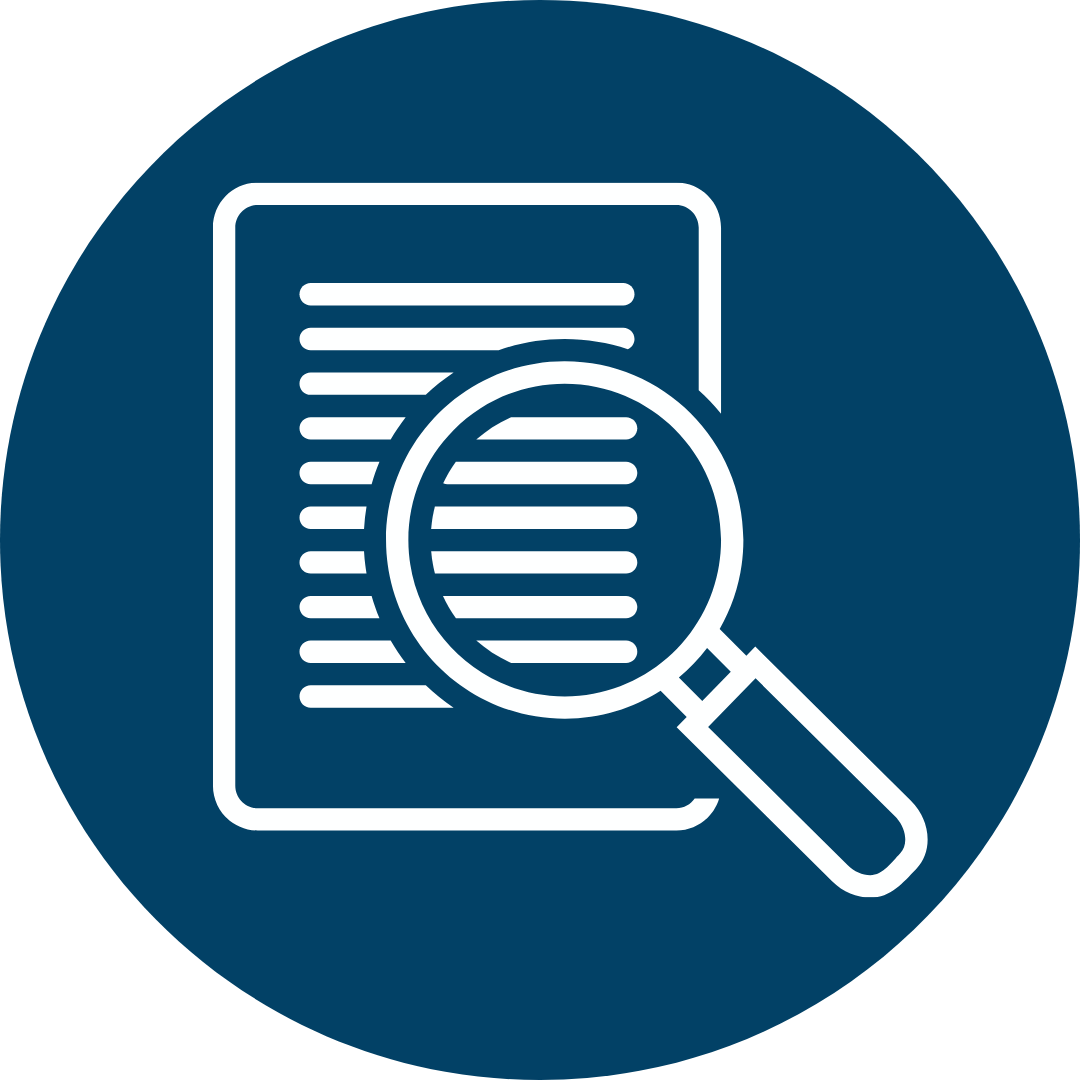Swap The Plastic Bottles In Your Local Vending Machine For Aluminum Cans
Single-use plastic bottles are littering our streets and parks, clogging our oceans and rivers, filling our landfills, poisoning our air when they're burned in incinerators, and hastening climate change. Do you work in an office building, hospital, school, or other institution that has vending machines? Or perhaps you are a student in a highschool, college or university that has vending machines in its dorms, offices and food service locations?
You can reduce the amount of single-use plastic waste at your local institution by convincing the management to replace any beverages sold in plastic bottles with drinks sold in cans! Most vending machine products offered in plastic bottles are also offered in aluminum cans, making this an easy swap to make. Unlike plastic bottles, which are rarely recycled, and are actually “downcycled” which means they’re turned into products of lesser value like fleece or carpeting, aluminum cans are turned back into aluminum cans, supporting circular, closed-loop manufacturing. For example, 70% of a soda can is made from recycled content while plastic beverage bottles are made from virgin plastic derived from fossil fuels because it is significantly cheaper than recycled plastic.
A group at the State University of New York at New Paltz made this swap (read their case study here) and inspired the SUNY College of Environmental Science and Forestry to follow suit. Check out the organizing resources below to get started.
SAMPLE PETITION
Gathering petition signatures is an excellent way to recruit supporters and demonstrate broad public support for replacing the plastic bottles in your local vending machine with aluminum cans or glass bottles.
Click here to view our sample petition language that you can use as a starting point for your own version of the petition.
Although you can certainly circulate a paper petition (click here for a sample version in Microsoft Word that you can adapt as you see fit), an online petition may prove more powerful as it is far easier to share and does not require anyone to do in-person canvassing. Contact Alexis Goldsmith if you would like to set up your own instance of Beyond plastics’ Action Network toolset to centralize your signature collection and email tools.
SAMPLE LETTER TO THE EDITOR
The opinions page is one of the most-read pages of any paper making letters to the editor an effective way to reach a large audience including your local decision-makers.
And even if your letter does not get published, you are still helping to educate the editors on these issues and increasing the chances that they will publish letters about plastic pollution in the future.
We’ve drafted a sample letter you can use as a starting point for creating your own letter about banning the sale of single-use water bottles. Don’t forget to stay within the maximum word count your paper requires and read our tips on how to write an effective letter to the editor here before you get started.
GET THE FACTS
Knowledge is power! Having facts at your fingertips will help you make the case for the necessity of replacing the drinks sold in single-use plastic bottles in your local vending machine with beverages sold in aluminum cans and glass bottles.
CASE STUDY
As part of a Beyond Plastics Initiative led by the Office of Campus Sustainability’s Sustainability Program Implementation Team, in the fall of 2020, SUNY New Paltz’s Campus Auxiliary Services (CAS) negotiated with their beverage vendor, Coca-Cola, to switch from offering beverages mostly in plastic bottles to beverages mostly aluminum cans. Now, whenever a beverage is available in an aluminum can, it is offered only in an aluminum can. CAS was also able to resume the sale of packaged water to campus (previously banned due to single-use plastic bottles), which is now offered in cans. Read their case study for more information.
SOCIAL MEDIA TOOLKIT
Social media is a powerful took to help gather supporters and also to let the decision-makers at your office or school or hospital or institution know this is an important issue that they should prioritize.
We’ve put together sample content you can share on Twitter, Facebook, and Instagram as well as some ready-to-use graphics to help illustrate this campaign.
Browse the toolkit to get started now but please don’t be afraid to make your own materials as your work advances.







